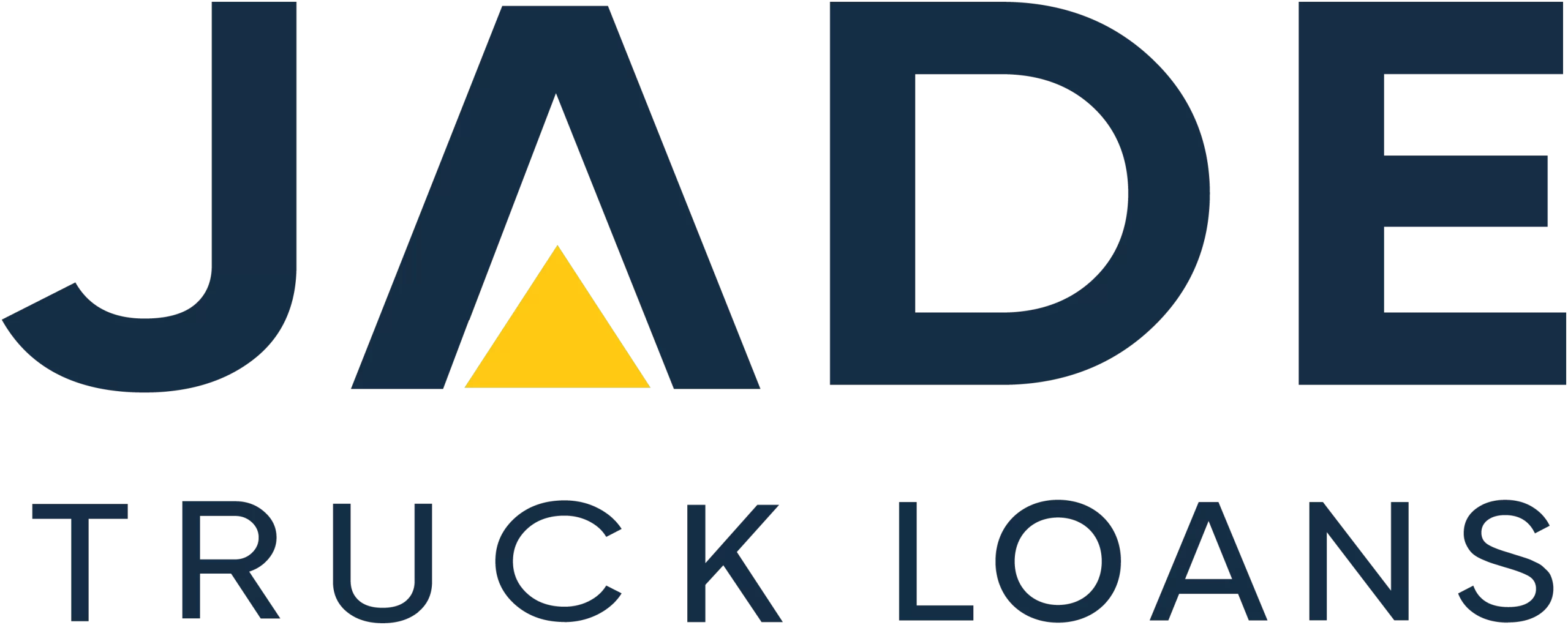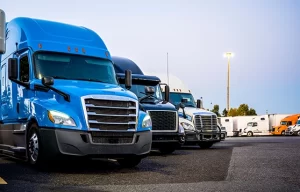When embarking on the journey of securing a truck loan, it holds paramount importance for business operators to equip themselves with comprehensive knowledge and a sound comprehension of diverse finance terminologies and definitions. Overlooking the understanding of loan eligibility can potentially lead to hesitance in exploring available options, resulting in missing out on advantageous truck loan opportunities. In this article, we aim to dispel a common misconception surrounding various specialized loan application types. We delve into the distinctive characteristics distinguishing no doc and low doc truck loans from bad credit truck loans, while also outlining the range of options available to applicants to attain viable loan outcomes.
Jade Truck Loans stands as a specialist lender that collaborates with business operators of all kinds, addressing documentation and credit-related challenges to facilitate the attainment of the most practical outcomes possible.
It's essential to note that both No Doc Truck Loans and Bad Credit Truck Loans are not classifications of specific loan types. Instead, they represent descriptions of the businesses seeking the loans. These categories possess notable differences across various aspects.
No Doc Truck Loans
No Doc or No Docs pertains to a truck loan applicant lacking the paperwork or documentation often stipulated by many lenders as prerequisites for completing a business loan application. This documentation primarily concerns financial records and accounts.
In particular, this set of paperwork usually encompasses financial statements and accounts, tax returns, and potentially BAS statements in cases where GST registration is applicable, alongside bank statements. Instances arise, particularly for new or recently-established businesses with less than a year of operation, where the accumulation of such accounts and records isn't plausible.
However, this description does not automatically infer that the business has a bad credit rating.
To illustrate this point, consider these possible scenarios:-
- When new small-scale business set-ups apply for finance, it is quite normal practice for the lenders to also assess the credit rating and financials of the owners of the business as well as for the business entity. This can apply to sole traders, businesses with one or two directors and for owner-operators. The owners may have excellent personal credit ratings and good financials themselves and be well-positioned to provide a personal guarantee against the loan. So while the business itself may not have all the documentation required, it would not be rated as a bad credit risk.
- If the owner of the new operation had owned a business previously and that business had developed a good credit score, then that may be taken into account by lenders when assessing the loan application. This may apply to situations where a previous partnership or business set-up is being dissolved or closed as the owners choose to move on in separate directions. So the new set-up may not have all the docs but the owner brings a good credit profile to the operation.
These are two possible scenarios where a no doc truck loan application would not necessarily be rated as a poor credit risk. Lenders may impose extra conditions on no doc truck loans which can include the owners providing personal guarantees or extra security by way of personal property against the loan.
No Doc Truck Loans can be achieved with workable and cheap interest rates through the non-bank lenders that we are accredited with.
Bad Credit Truck Loans
Now to differentiate no doc from bad credit. Poor credit truck loans, as the name implies, refer to loans to business with credit issues. In order to have developed a poor credit rating, it could be assumed that the operation has been trading for a length of time. During that trading period, the business would have acquired certain financial accounts and records. They may actually have the full complement of documentation that is required to complete a standard business finance application. So they are not requiring a no doc truck loan.
However, throughout that trading period, the business has encountered credit issues, stemming from payment defaults or other factors. This circumstance can present significant hurdles for a business to secure truck finance. When a bank or lender evaluates a truck loan application and deems it a high-risk proposition due to bad credit, potential outcomes encompass application rejection, the proposal of a high-interest rate loan, and/or the imposition of stringent supplementary conditions on the loan.
Engaging the expertise of lenders such as Jade Truck Loans to navigate and manage the situation can yield a more favourable resolution compared to a business owner attempting to independently secure a bad credit truck loan.
Achieving a Workable Outcome
We trust that this explanation has brought clarity to the distinction between No Doc Truck Loans and Bad Credit Truck Loans. There exist avenues within the lending landscape for businesses caught in either of these scenarios to secure viable truck loan options. Our accreditations extend to numerous non-bank lenders that exclusively operate through broker channels and extend financing opportunities to both no doc and bad credit applicants.
Those seeking a truck loan can check their credit profile and score and fix any errors.
Do not allow misconceptions regarding financial terminology to hinder your progress in securing a feasible truck loan. Connect with the specialists at Jade Truck Loans to address any uncertainties or questions you may possess. Our team is dedicated to aiding you in advancing your business objectives.
Contact Jade Truck Loans on 1300 000 003 to discuss no doc and bad credit truck loans.
DISCLAIMER: THIS INFORMATION IS ISSUED PURELY FOR THE PURPOSE OF GENERAL INFORMATION PROVISION. IT IS NOT TO BE TAKEN AS THE ONLY SOURCE OF INFORMATION FOR BASING FINANCIAL DECISION-MAKING. THOSE REQUIRING FINANCIAL GUIDANCE AND ADVICE SHOULD CONSULT WITH THEIR FINANCIAL CONSULTANT OR ADVISOR. NO LIABILITY IS ACCEPTED FOR ANY MISREPRESENTATION OF POLICIES, DATA OR ERRORS IN THIS CONTENT.


 " alt="">
" alt="">